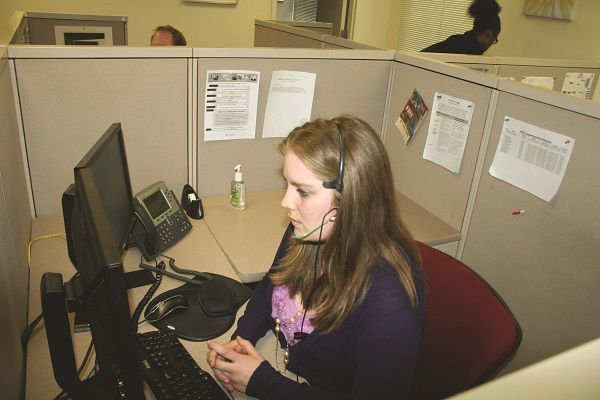By DJ DiDonna, LEO Board Member
Economics is sometimes called the “dismal science.” The most popular explanation for this is an economist’s infamous prediction that mankind was doomed to perpetually outgrow our food supply. Others believe it stems from the typical economists’ overbearing supply of tweed and double-pleats1.
For our latest blog series (read the companion story) on LEO during COVID, we’ve uncovered a third explanation for why economics is so dismal: it’s a well-known secret within academia that economists secretly love catastrophic events. Why? Because big shocks provide excellent opportunities to run natural experiments.
Dismal jokes aside, mass shifts in our lives, especially those that come with policy shifts unevenly distributed across the country, can help us learn what works and what doesn’t in ways that theorizing could only guess. If there’s a silver lining around our new reality in the pandemic, it’s that LEO (and social scientists everywhere) have an opportunity to push the boundaries of our understanding forward during this period of uncertainty.
Seeing Double
When it comes to fighting poverty, research is increasingly proving that timing is everything. Financial assistance—especially at key moments in peoples’ lives—can make an outsized impact to those on the verge of homelessness. But what if we doubled it?
This is the question that LEO co founder Dr. Bill Evans and Catholic Charities Chicago hope to answer in their upcoming collaboration on temporary financial assistance (TFA). Nonprofits constantly face a difficult financial tradeoff: give a little to many in need, or give more to only a few. The answer to this question can revolutionize how nonprofits across the country serve their constituents, and rewrite the playbook on TFA.
Catholic Charities Chicago (CCC) is a perfect example of what happens when a LEO partner sees double. CCC has already collaborated with LEO to evaluate the effects of financial assistance for those vulnerable to experiencing homelessness. When COVID struck, CCC received a large grant to help those most in need in the Chicago area, and turned to LEO to help design and evaluate an intervention.

Timing Is Everything
The experiment will look like this: CCC will give a portion of its applicants the normal amount of emergency financial assistance—somewhere between $2,000 and $4,000—to cover housing-related costs; for example, rent, a security deposit, or utilities. Because CCC doesn’t have enough funds for all of the applications, half of those selected for the program will receive double the amount of funding. The same requirements will still be in place: the funds are for housing-related expenses only, and will be disbursed directly to the landlord or utility company. Recipients will then be followed over time to see how the funding impacts their ability to stay in their homes and out of debt.
————
In LEO and CCC’s first collaboration, they found that temporary financial assistance for those on the verge of homelessness reduces violent crime among those who receive it. This adds to the growing body of research which shows the dual-benefit of well-timed assistance for those on the verge of homelessness. For example, an upcoming paper with the Veterans Affairs Hospital (VA) and the University of Utah found that temporary financial assistance leads to decreases in healthcare costs for veterans experiencing housing instability. One of the paper’s findings—on which LEO’s Bill Evans was a co-author—was that the reduction in healthcare expenses ultimately offset the cost of the TFA program altogether2. In other words, temporary financial assistance not only reduces homelessness, it also reduces costs for the system as a whole—not to mention the unmeasurable personal trauma inflicted on the vulnerable individual.
In our trying times, Catholic Charities Chicago has doubled down on research to see what works and needs to be changed about their approach to poverty alleviation. Together with LEO, we will soon know whether twice as much support can stop the cycle of homelessness and poverty before it starts.
————
1 Okay, maybe the author’s bias artistic license shining through here.
2 “Temporary financial assistance leads to decreases in healthcare costs for veterans experiencing housing instability,” Richard Nelson et al., 2020.